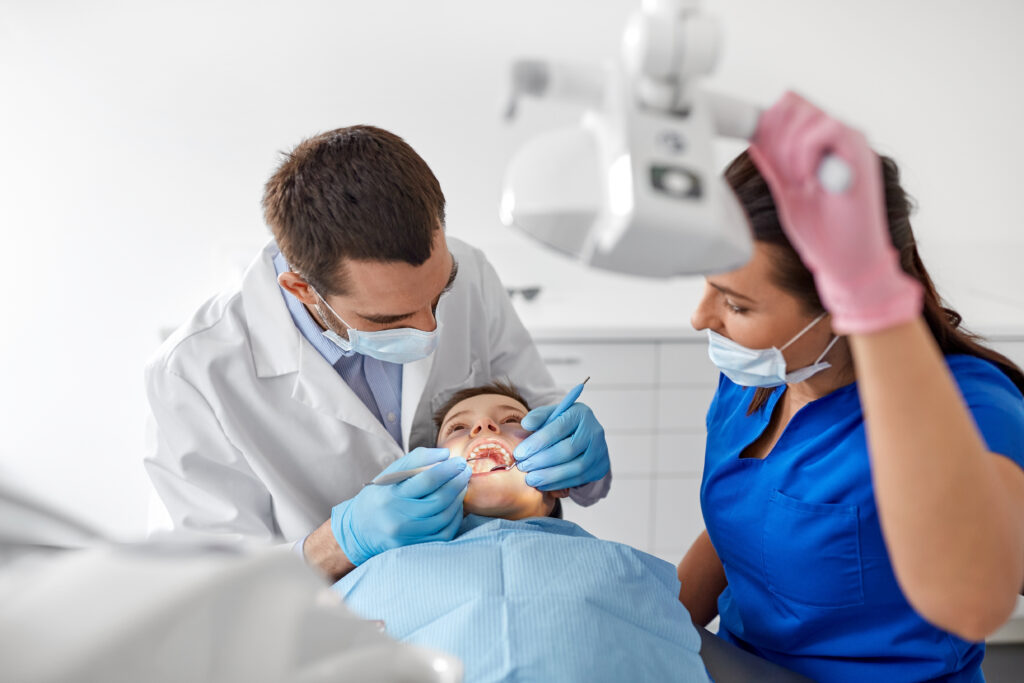Universal access to NHS dentistry has “gone for good” and NHS England should introduce a basic core service for children, older people and people who cannot afford private treatment, according to the Nuffield Trust.
The think tank revealed total funding for dental services in 2021/22 fell over £525m in real terms since 2014/15, with just £3.1bn spent.
It’s Bold action or slow decay? state of NHS dentistry report also pointed to nearly six million fewer courses of NHS dental treatment provided last year than when compared to 2019/20.
Long term drift to private care
A key contributor to this decline has been a “long term drift” towards private work which the report maintained had been facilitated by the structuring of the dental contract, which uniquely allows a mix of NHS and private work.
Citing a British Dental Association (BDA) survey published in March 2023, the report noted half of dentists in England (50.3%) have reduced their NHS commitments since the start of the pandemic.
And three-quarters planned to reduce or further reduce their NHS work in the future.
The nature of the contract was also seen as increasingly unattractive to many dentists due to the private sector’s ability to offer higher pay as well as a potentially preferential working environment.
Supporting this argument, the report cited NHS Digital’s Dental Working Patterns, Motivation and Morale survey which found that dentists who spent more time on NHS work tended to work longer weekly hours and took less annual leave in 2019/20, while the more time dentists spent on NHS work, the lower their levels of motivation.
Basic core service
In its conclusions, the report said: “If we accept that universal access to NHS dentistry has gone for good, there is an urgent imperative to provide enough access for a basic core service – for children, for older people, and for those who cannot afford private care.”
“This is a standard we currently do not meet, failing those with the greatest need,” it continued.
“Focusing care on priorities such as this is likely to mean removing some of the rights to NHS services which people currently enjoy in theory – but usually go without in reality.”
The report also called for “bolder action to deal with both the short-term issues to put the service on a more sustainable footing, but also to address its long-term future and decide what type of service the NHS is going to offer”.
It added that “over the short term, the ability of ICBs to take responsibility for imaginative commissioning in this area is an urgent challenge that needs to be addressed”.
And that while doing this at a time “when ICSs are reducing their management costs may prove difficult, and they may need to work together to ensure that there is a critical mass of expertise.”
It added that: “NHS England needs to ensure that scarce expertise is not lost in its reorganisation”.
Not viable then or now
Though over the longer term, the report concluded there were “no easy options” left to policy makers in England.
Even with extensive contract reform and the full use of new groups of staff, restoring universal access would cost billions each year, the report continued.
“Much of this precious funding, which the NHS desperately needs in countless areas, would simply pay for care that people receive anyway through private payments.”
A further alternative is to do nothing and continue with current policy.
But the report warned: “This appears to be to allow the steady decline of NHS dentistry, with a relentless drift of patients and dentists to the private sector, punctuated by occasional minor initiatives and changes untethered to any strategic purpose.
“This has been the policy adopted since at least the mid-2000s, if not since 1992. It was not viable then and, as the evidence shows, it is even less so now.”
